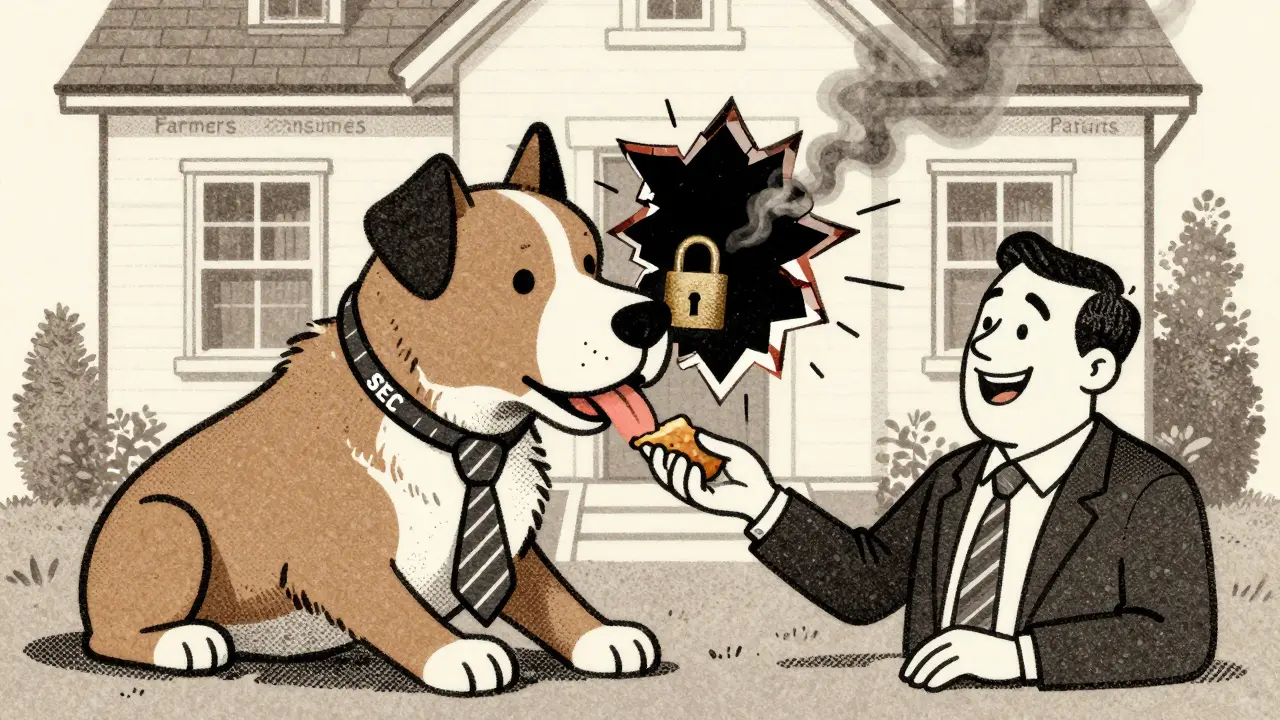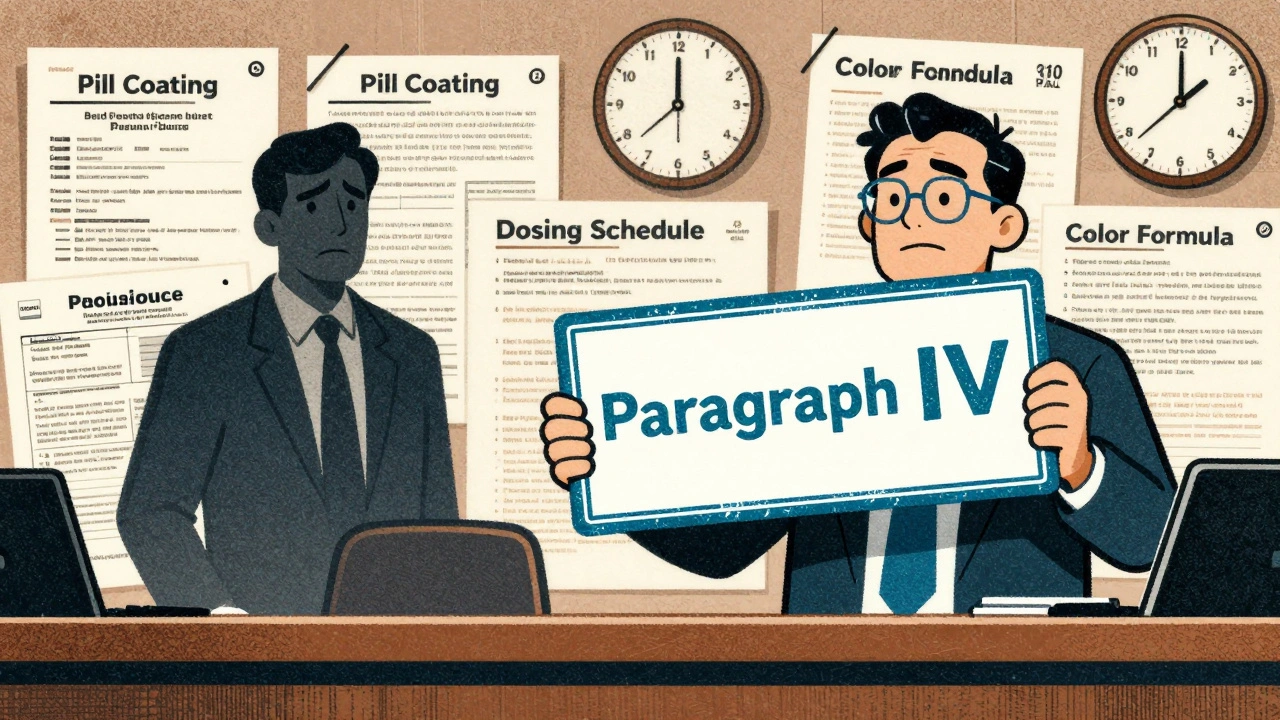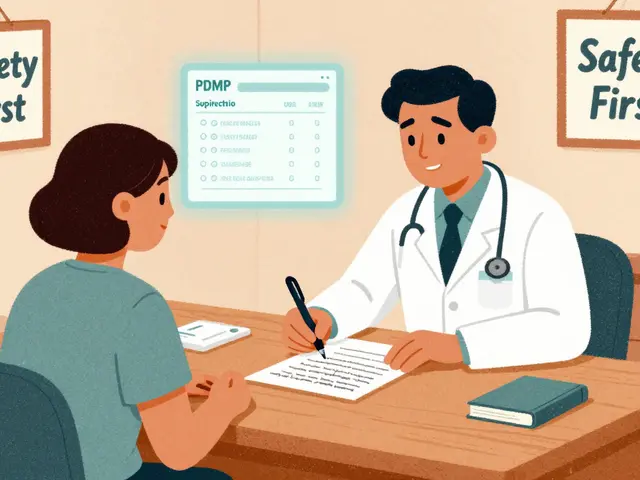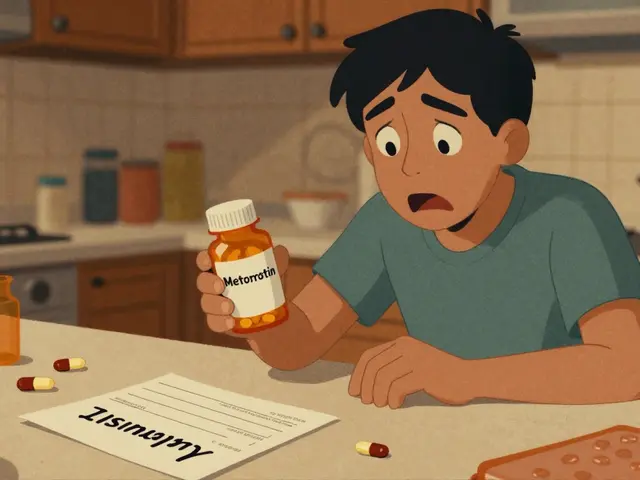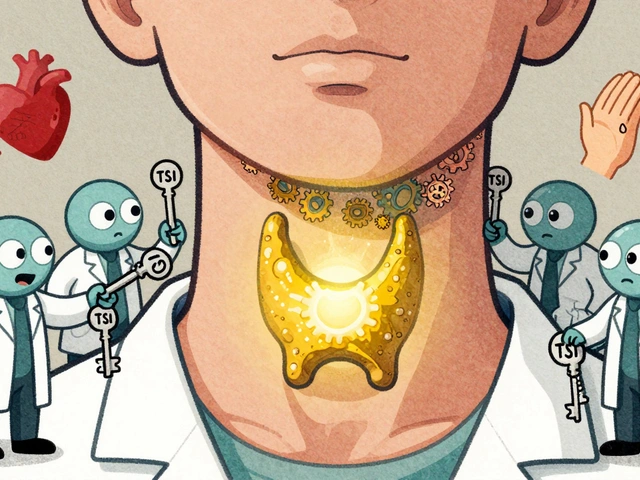Legal help and steps if Parkinson's meds caused gambling, eating or sexual addiction
If you or someone you care for started risky gambling, binge eating or compulsive sexual behavior after taking Cabaser or Dostinex, this page explains practical next steps. These drugs (dopamine agonists) have been linked to impulse control problems in some Parkinson's patients. You don't have to guess what to do next - act methodically and protect health and legal options.
First, don't stop or change medication on your own. Talk to your neurologist or GP immediately. They can assess whether the behavior is likely related to the drug, adjust treatment safely, and document the link in medical records. Getting medical confirmation is the foundation for both recovery and any legal claim.
What to do now
Keep a clear record of changes: dates when the medication started, when behaviors began, examples of the behavior and any financial losses or relationship harms. Request copies of prescriptions, clinical notes, hospital visits and mental health referrals. If possible, collect statements from family members who witnessed the behavior. These concrete details matter in medical and legal reviews.
Report the adverse effect to your national regulator - Therapeutic Goods Administration (Australia), FDA (United States) or your country's agency. Reporting builds an official trail and can help others. Look for support: counseling, addiction services, and Parkinson's support groups can reduce harm while treatment is adjusted.
Legal options & evidence to gather
Speak with a lawyer who handles pharmaceutical or personal injury claims. Ask about past cases involving dopamine agonists and impulse control disorders. Compensation may come through a class action, individual claim, or confidential settlement like recent cases against drug makers. Your lawyer will explain time limits for filing a claim and what evidence strengthens your case.
Evidence that helps: full medical records, pharmacy receipts, bank or gambling records showing losses, witness statements, and any prior warnings or product information about side effects. Keep all documents in one place and give copies to your lawyer rather than originals.
Understand that settlements can be confidential, and outcomes vary. The goal is to secure funds for medical care, counseling, financial restitution and future needs. Legal help also pressures companies to improve warnings and patient safety.
If you need immediate safety measures - financial controls, supervised access to money, or temporary caregiving - arrange them now. Dealing with the behavior and the legal path at the same time is tough. But acting fast, documenting carefully and getting both medical and legal advice gives you the best chance to protect health and hold responsible parties accountable.
Reach out to patient advocacy groups and financial counselors who understand impulse-control harms from medication. Parkinson's foundations, gambling help lines and local mental health services can offer immediate support and referrals. Ask your lawyer about coordinated actions or support from other affected patients. Keep a short recovery log with therapy notes, medication changes and progress toward stability - these not only help care but can strengthen a legal claim. Small steps now make a difference for safety and recovery and future planning.
